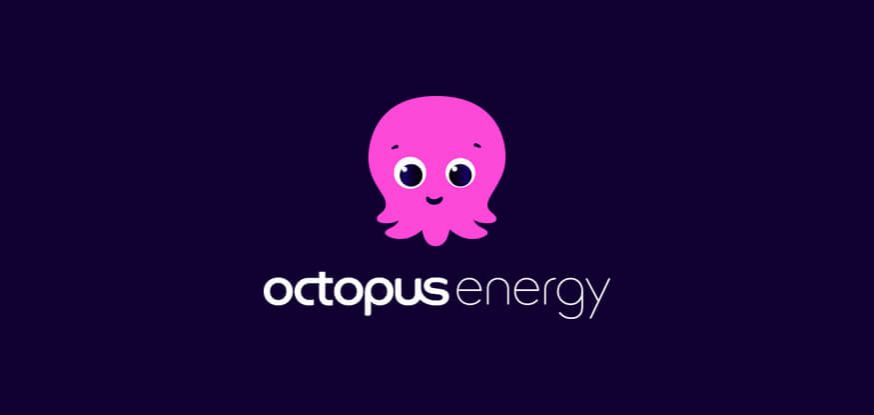Energy firm Octopus Energy is set to transform Germany’s sustainable living with the launch of the country’s first 100% “Zero Bills” neighborhood in Schramberg.
This sustainable development follows the introduction of Germany’s Zero Bills home in July 2024, marking a significant milestone in the country’s energy solution.
The project will feature 24 homes equipped with advanced green technologies, including solar panels, heat pumps, and batteries. The first residents are anticipated to occupy the neighborhood by the end of 2025, enjoying no energy bills for at least six years.
The new homes will integrate timber frame construction by partner house builder KAMPA to enhance affordability and environment-friendly features.
The Road to Zero Energy Bills
The “Zero Bill” program, introduced in 2022, is a world-first energy tariff that guarantees no energy bills by establishing homes equipped with green tech.
Octopus Energy has currently introduced its sustainable and innovative project in the United Kingdom, New Zealand, and Germany, showcasing the company’s ambition to revolutionize the energy sector.
Nigel Banks, Zero Bills director at Octopus Energy, highlighted, “Our Zero Bills initiative isn’t just about building homes—it’s about creating a way of living without having to think of an energy bill. With Schramberg leading the way in Germany, we’re proving that sustainable, cost-free energy is no longer a dream but a reality for people around the globe.”
Bastian Gierull, CEO of Octopus Energy Germany, emphasized their rapid progress from launching the first “Zero Bills” home to establishing an entire “Zero Bills” community in the country within six months only.
“We’re proving that sustainable, zero-cost energy solutions are possible—and thanks to our partners, Schramberg will become the blueprint for Germany’s sustainable living revolution.”
The initiative aligns with Octopus Energy’s broader goal to deliver 100,000 “Zero Bills” homes by 2030, paving the way for a more sustainable and affordable future in residential energy consumption.

